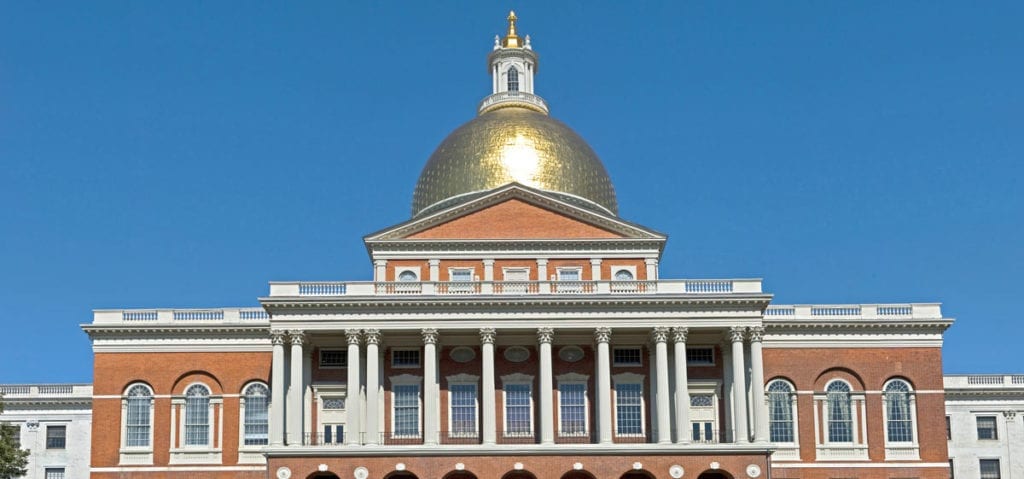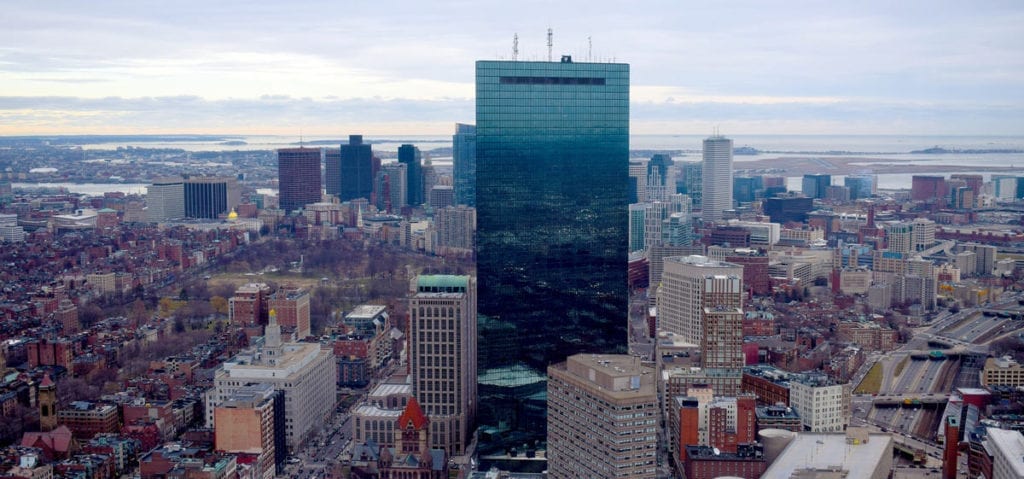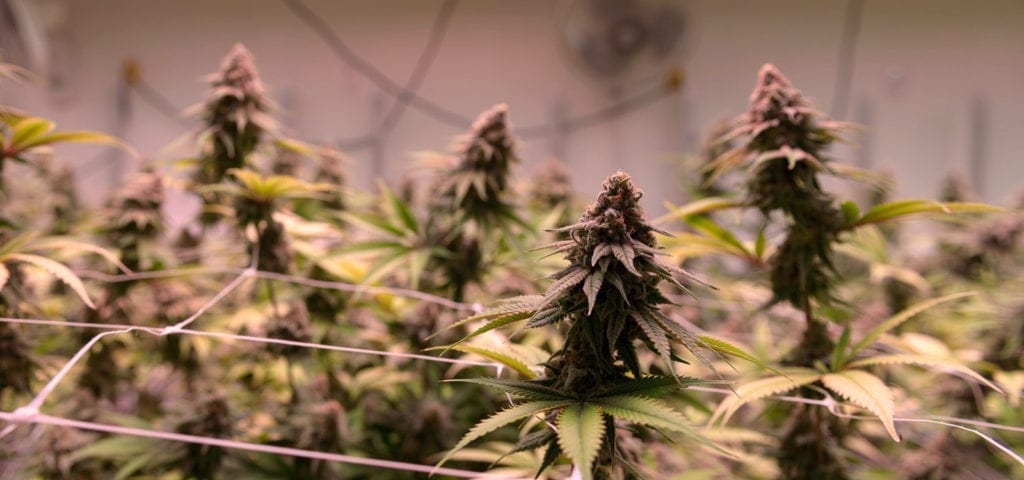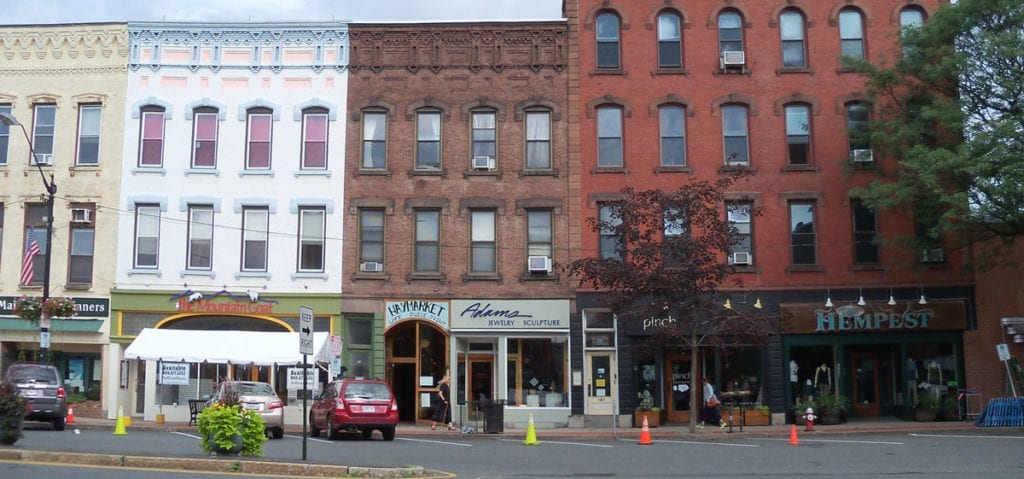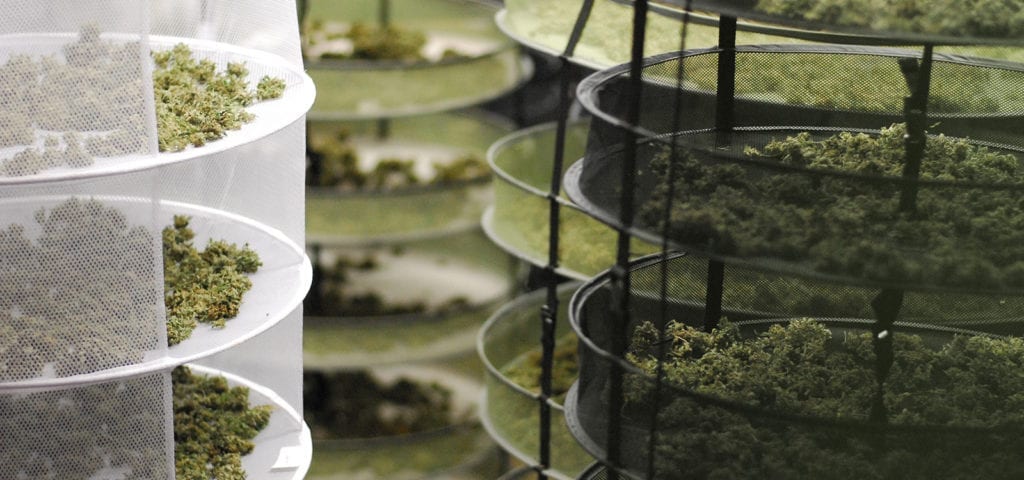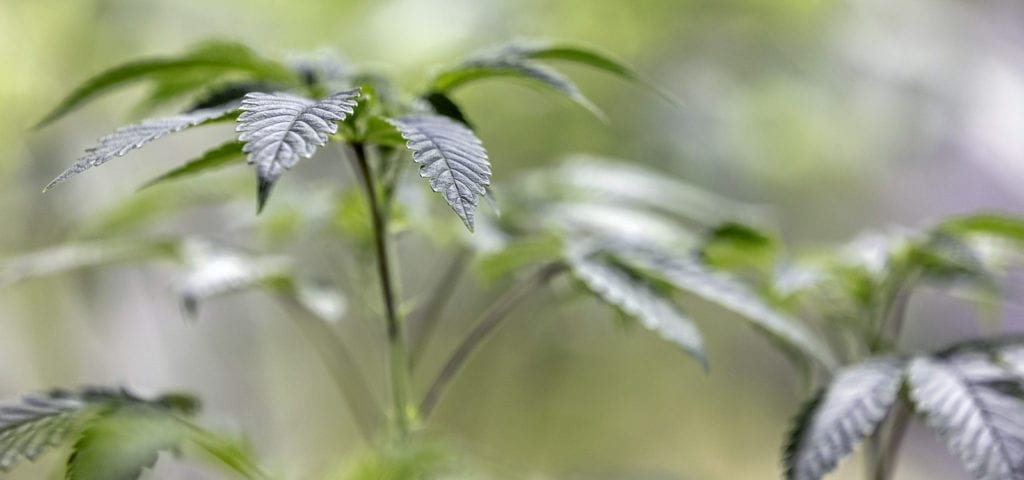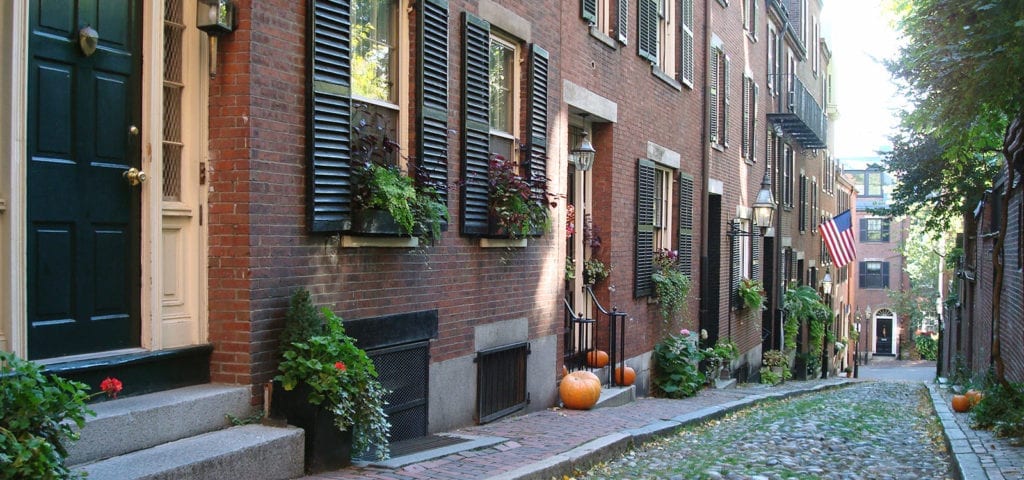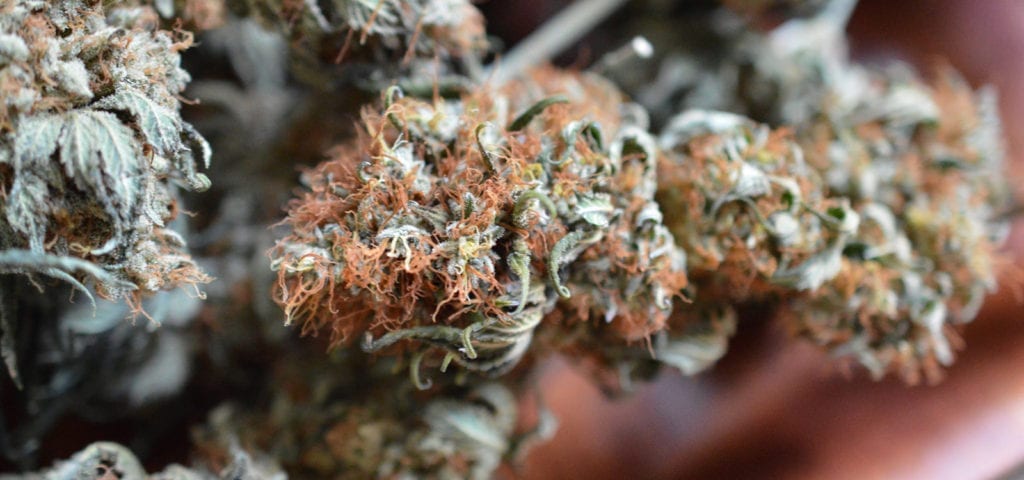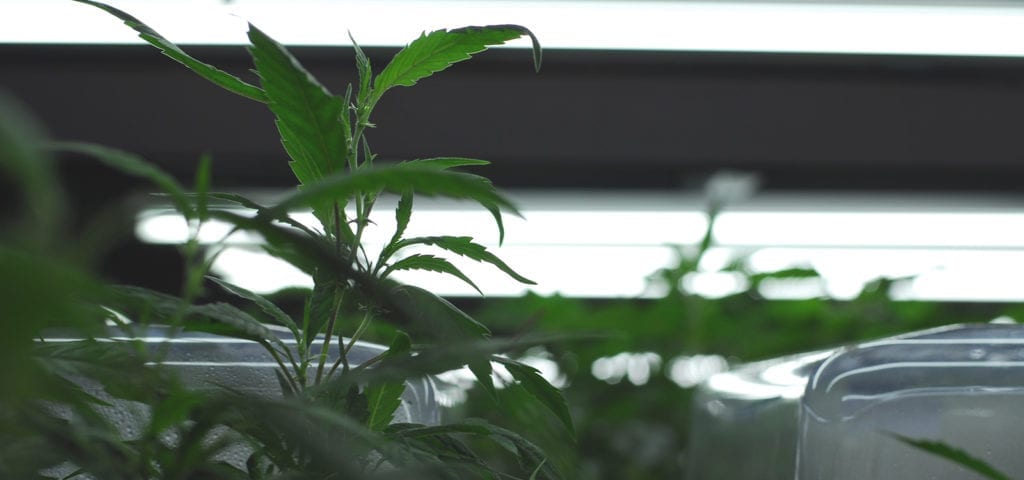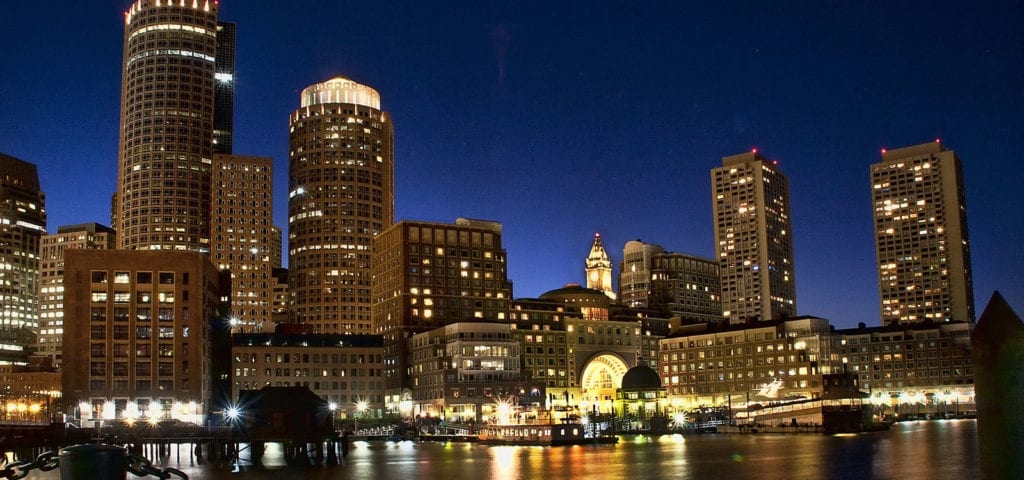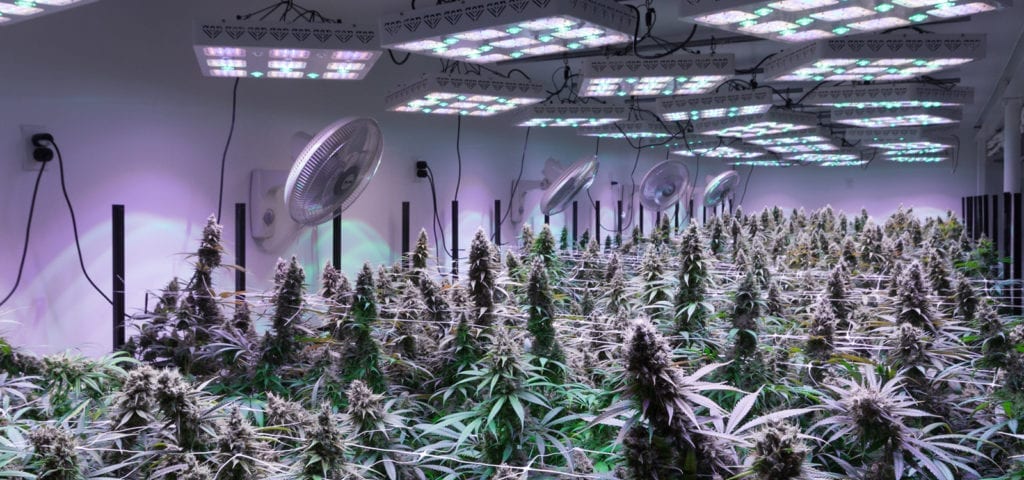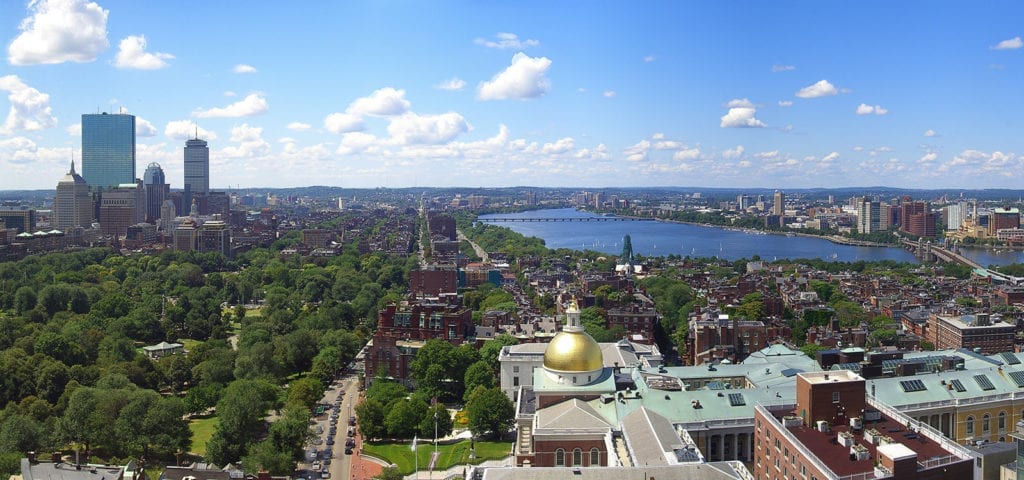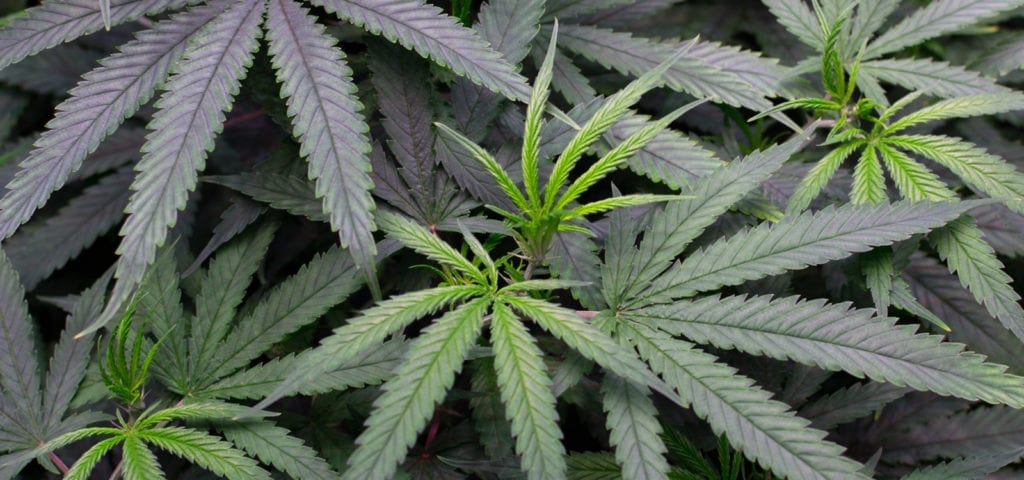Cannabis advocates in Massachusetts said that after a review of contracts between cannabis companies and local governments they have determined that 79 percent of the contracts violate state law, The Boston Globe reports.
The agreements between cannabis producers and municipalities are known as “host community agreements.” Law firm Gersten Saltman, however, recently launched an investigation into the deals working alongside The Massachusetts Cannabis Reform Coalition and the Massachusetts Grower Advisory Council. The group reviewed 77 such deal and found that the vast majority of the agreements violate state laws, which set the limit on payments to municipalities from cannabis companies at three percent of the cannabis company’s annual revenue. The agreements’ payments must also be reasonable charges in light of the actual costs to the town or city of hosting the business; such deals cannot last longer than five years at a time.
However, the Massachusetts Cannabis Control Commission declined to review the agreements, claiming it has insufficient authority. The commission has applied to the state government to explicitly give regulators the authority.
“It’s a big problem for smaller or medium-sized businesses because it turns into a barrier to entry. … It’s a pay-to-play situation … It’s really a matter of extortion and bribery in plain sight.” — Peter Bernard, president of the Massachusetts Grower Advisory Council, to The Boston Globe.
The law firm requested a response within 30 days. After that time, Gersten Saltman many file suit against the state.
End
